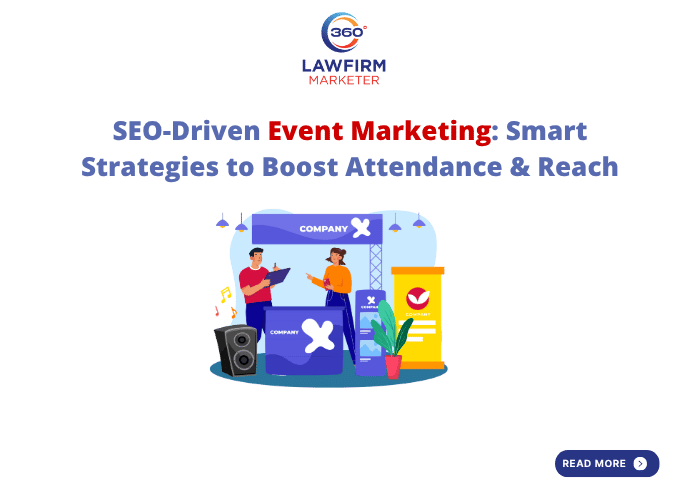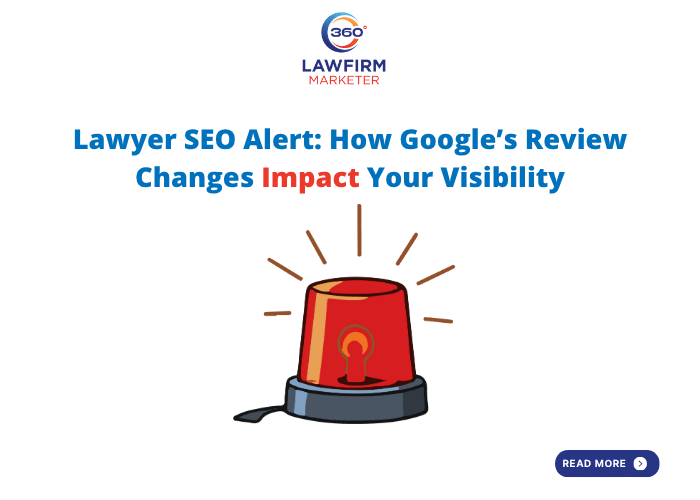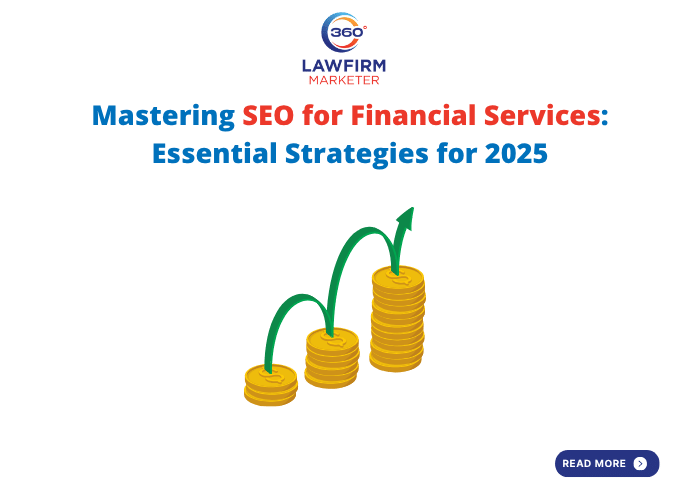
Events whether in-person, hybrid, or virtual remain one of the most compelling ways to connect, engage, and convert audiences. But even the best event can flounder if people don’t find it in the first place. The key? Apply SEO and promotional strategies to your event marketing, so your target audience discovers you instead of you chasing them.
Below is a refreshed roadmap of smart steps and tactics to launch your event with maximum visibility and turnout.
1. Begin with Audience-Focused Keyword Research
The foundation of discoverability is understanding how your prospective attendee’s search. Before you pick a venue or set a date, dive into keyword research:
- Identify phrases people use when looking for similar events.
- Explore terms tied to your niche, topic, location, or speaker names.
- Prioritize keywords with decent search volume and moderate competitiveness.
- Then use those keywords to shape your event theme, title, and page content.
When your event’s name and description align with actual search behavior, your discoverability gets a strong boost.
2. Build a Full “Event Pack” for Clarity & Depth
Once you know your keywords, assemble all relevant event assets into a comprehensive “event pack.” This serves both visitors and search engines:
Include in your event pack:
- A powerful title that includes your main event keyword
- A compelling summary and detailed description
- Event schedule, speaker bios, agenda, and venue details
- High-quality images, banners, video teasers
- Past event testimonials or success stories
- FAQs, ticket tiers, and logistical info
Having all of this in one unified, easy-to-navigate package makes your event page stronger and more authoritative in search.
3. Use Structured Data & Schema Markup
Search engines love structured data. When you mark up your event information correctly, SERPs can display rich snippets like dates, prices, and locations which draw attention and clicks. To master these techniques and more, consider enrolling in digital marketing training in Ahmedabad for hands-on learning and expert guidance.
Here’s how to make it work:
- Use “Event” schema markup around your event name, date, venue, ticket price, etc.
- Ensure markup is error-free and follows structured data best practices.
- Test your markup so that search engines properly parse it.
Rich search results stand out. They increase trust and often lead to higher click-through rates.
4. Publish and Promote on Your Website + Google
Your website should become the central hub for your event. Make it easy for search engines and users to find and act.
- Create a dedicated event landing page with your event pack content
- Ensure your site’s metadata (title tag, description) is optimized with your primary keyword
- Use a plugin or tool (if available) to sync with Google’s event schema or “Google Events” features
- List your event in Google’s event listings so people can see it directly via search
When users search for local or topic-based events, your listing may show right in Google’s event interface giving you instant visibility. Using Google Analytics can help you track how visitors interact with your event listings and optimize them for better performance.
5. Amplify Reach Through Third-Party Platforms & Directories
Don’t confine your event to your site. Amplify exposure by tapping into platforms and communities that already host engaged audiences:
- Submit your event to local or niche event directories or industry calendars
- Partner with local community sites, co-working spaces, meetup groups
- Collaborate with influencers or organizations in your domain to list your event
- Encourage these platforms to link back to your event landing page
Every directory or listing adds visibility and potential backlinks, boosting your SEO and reach.
6. Leverage Email & Social to Drive Momentum
A powerful promotion engine for events lies in your existing contact base and social network.
- Send targeted email campaigns to segmented lists highlighting your event’s value
- Craft subject lines that evoke urgency or highlight benefits
- Share event announcements across your social media channels with visuals, teaser content, speaker highlights
- Encourage sharing and referral campaigns (e.g. “bring a friend”) to widen exposure
Aim to build buzz early momentum helps your event become self-propelling.
7. Secure Media Coverage & Backlinks
To build authority for your event page and improve SEO, backlinks and coverage from reputable sources matter. If you’re looking to master these techniques, consider enrolling in SEO classes in Ahmedabad to gain practical skills in link-building and search engine optimization.
- Issue press releases or pitches to local media and industry blogs
- Collaborate with sponsors, partners, or speakers to promote the event from their channels
- Ask relevant websites to write announcements or write guest posts with event mention + link
- Use PR to highlight unique angles, exclusive elements, or human-interest stories tied to your event
Each mention not only improves credibility but also drives referral traffic to your event page.
8. Optimize the Event Page Continuously
Once your event page is up, optimizing it carefully ensures it doesn’t underperform.
Key SEO checks:
- Verify meta tags (title, description) are compelling and on-brand
- Fix broken links, missing images, or slow-loading assets
- Ensure mobile responsiveness and fast load times
- Confirm schema markup is present, valid, and up to date
- Monitor user behavior (bounce rate, time on page) to identify friction spots
Small improvements here can substantially raise the conversion rate from visitor to registrant.
9. Track Metrics, Analyze & Iterate
Measurement is your compass. You must know what’s working, what isn’t, and why.
Track:
- Traffic to your event page (organic, referral, social)
- Click-through rates on key promotions (emails, social posts)
- Registrations over time (identify peaks and troughs)
- Source-wise ROI: which channels delivered highest attendance
- On-page behavior: where visitors drop off or linger
Learn from each event. Use insights to adjust timing, messaging, promotional channels, and content frameworks for your next campaign.
10. Use Insights to Power Future Events
Each event is a living laboratory for improvement. After it concludes:
- Compare performance with your benchmarks
- Identify underperforming channels or tactics
- Seek attendee feedback what drew them, what didn’t
- Feed these lessons into planning for your next event
- Try incremental innovations (early-bird discounts, improved visuals, new partnerships)
Over time, you’ll build a refined playbook of what converts best in your domain.
Final Word: From Event Planning to Searchable Success
Event marketing is no longer just about flyers, emails, and word of mouth. In today’s landscape, visibility in search and consistent promotion is a non-negotiable pillar of success. For those looking to elevate their strategic skills, earning a certificate in business development can provide valuable insights into planning, promoting, and executing high-impact events.
By combining smart keyword research, rich event content, structured data, multi-channel promotion, and ongoing optimization, you can turn any event into a traffic magnet and conversion driver. If you execute with consistency and learn from data, your events won’t just draw attendance, they will elevate your brand’s reach and authority. For those looking to enhance their skills in digital promotion, enrolling in a digital marketing institute in Ahmedabad can provide expert training and practical knowledge.




